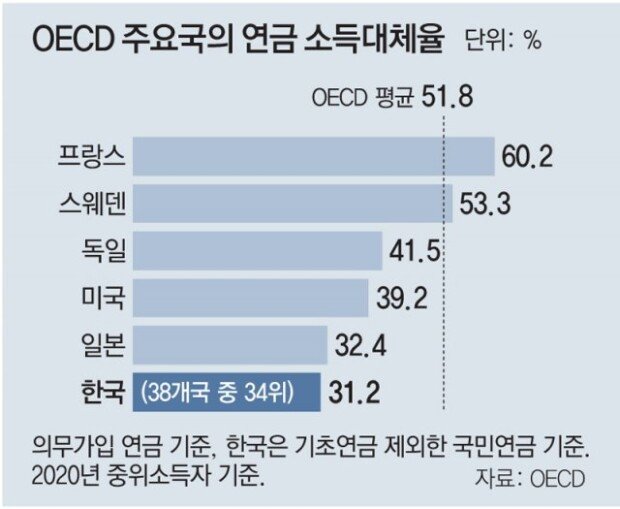Korea’s elderly has smallest disposable income among OECD members
Korea’s elderly has smallest disposable income among OECD members
Posted December. 06, 2022 07:39,
Updated December. 06, 2022 07:39

A man surnamed Lee (aged 66) who retired in 2014 after working in a state-owned company for 33 years, had worked as head of the apartment management office and recently began his career as a drone instructor. This is because 1.62 million won he receives from the national pension is far from enough to cover his and his wife’s living expenses. Despite his monthly earnings of around 700,000 won as an instructor, his monthly income including his pension entitlements stands only at 30 percent of his pre-retirement revenue. “I already used up all my severance pay. It is so regretful that I broke my personal pension that I’d been putting in for more than ten years,” said Mr. Lee. “As I get older, it may be difficult for me to work as a drone instructor. So, I am currently studying to get an industrial safety engineer certificate.”
The ‘second act of life’ of the elderly in Korea is faltering. Korea’s national pension is facing the risk of running out, and retirement and personal pensions that have been growing in size are not properly playing their role. According to the National Statistical Office on Monday, the number of seniors aged 65 or over exceeded the 9 million market for the first time, reaching 9,018,000, or 17.5 percent of the total population. After three years, the country is expected to enter the super-aged society with the elderly taking up 20.6 percent of the total population.
However, the lives of the aged are getting harder and harder. In this year’s Household Financial Welfare Survey, only 8.7 percent of households, of which the household has yet to retire, said they were ‘well-prepared for their late years.’ Korea’s relative poverty rate of the elderly aged 66 or older (the proportion of the population with a household income of 50 percent or less of the median income) was 39.3 percent, the highest among the OECD countries. Moreover, the households of people aged 65 or older took up 66 percent of the disposable income of all households, ranking at the bottom among the 32 OECD countries.
jhshin93@donga.com · zion37@donga.com







